Unions Held the Line in 2025 Membership Numbers
Blog:
For four decades, a federal count of union members has been the annual physical exam for the labor movement. Did we grow or shrink, and where?
The tally just came out for 2025. At face value, the number looks better than expected, given a year of open warfare on us from CEOs who want to automate everything and a bloodthirsty federal government.

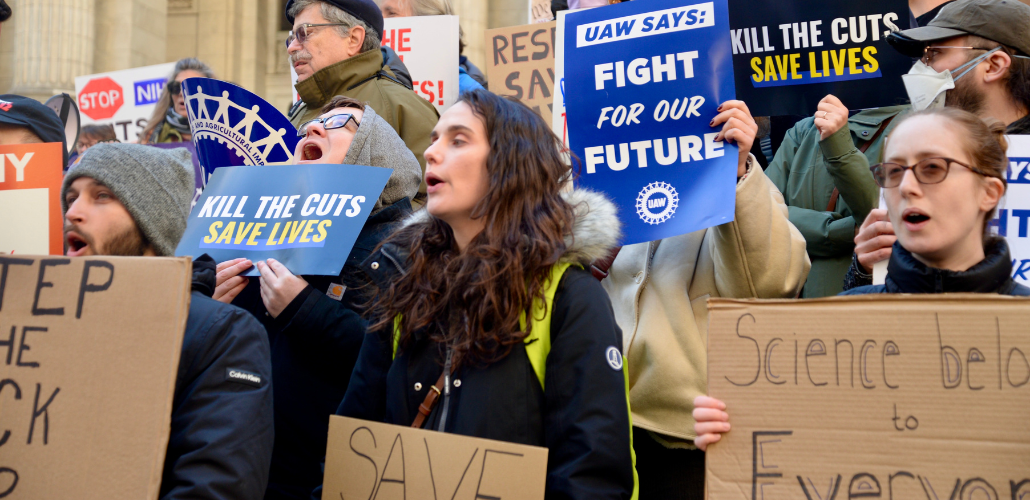

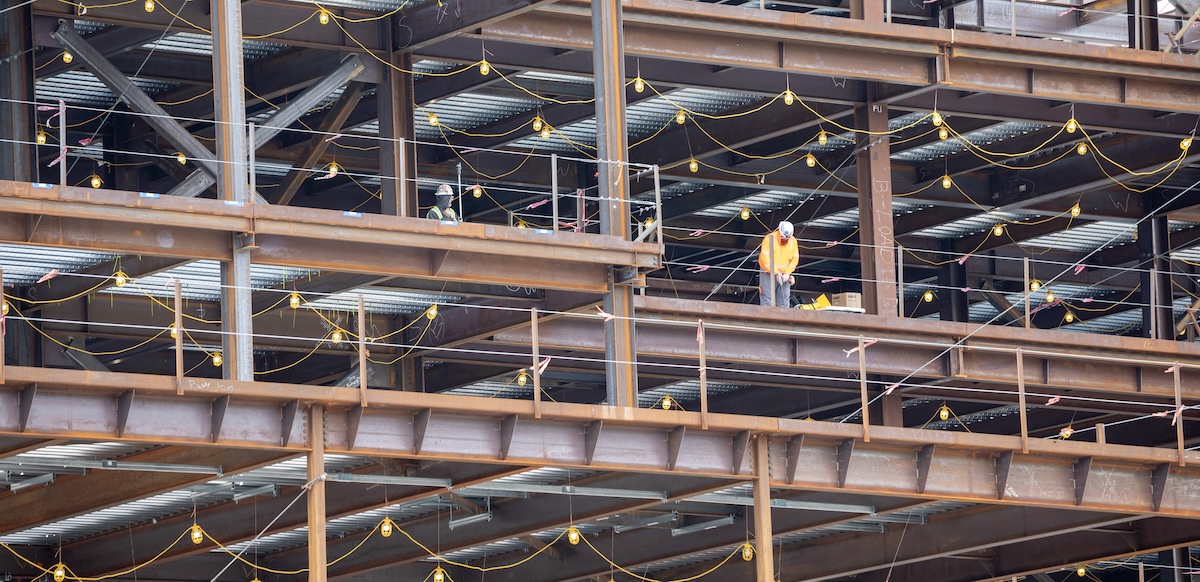
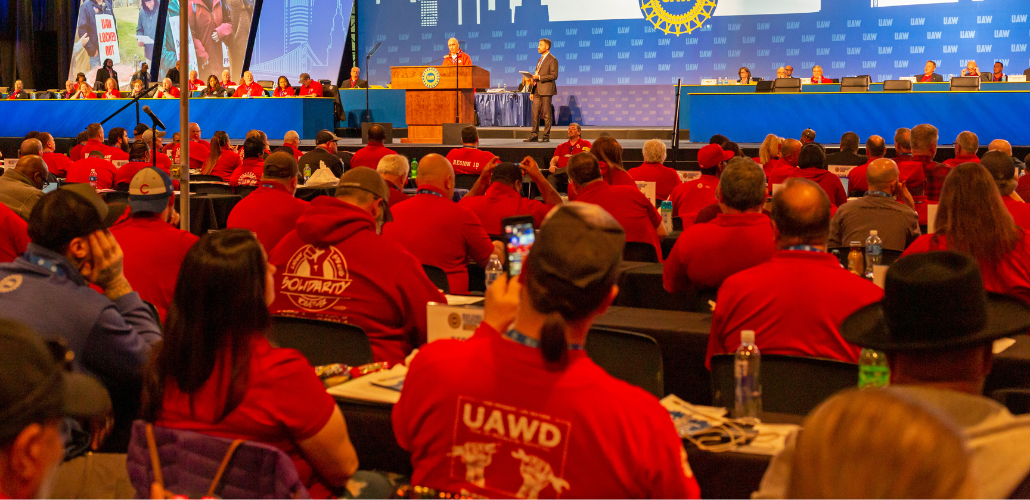

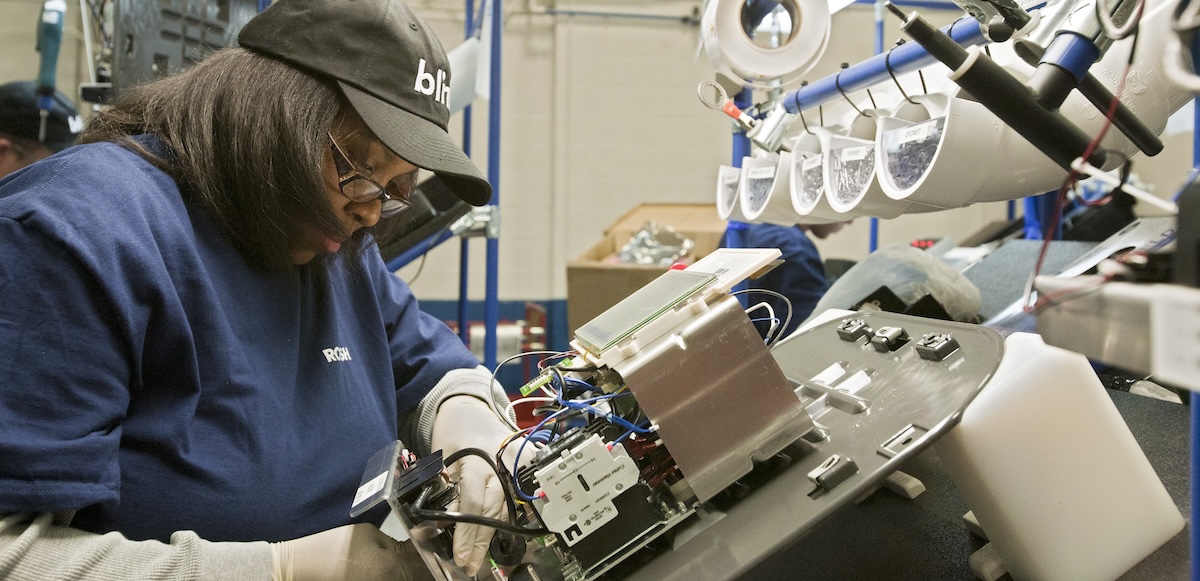

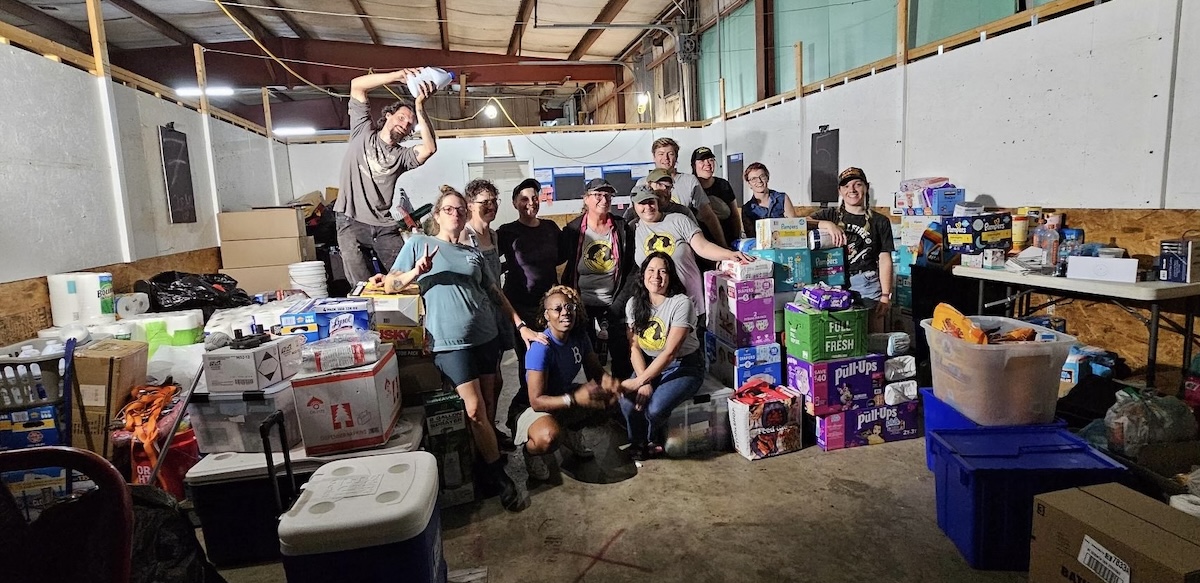
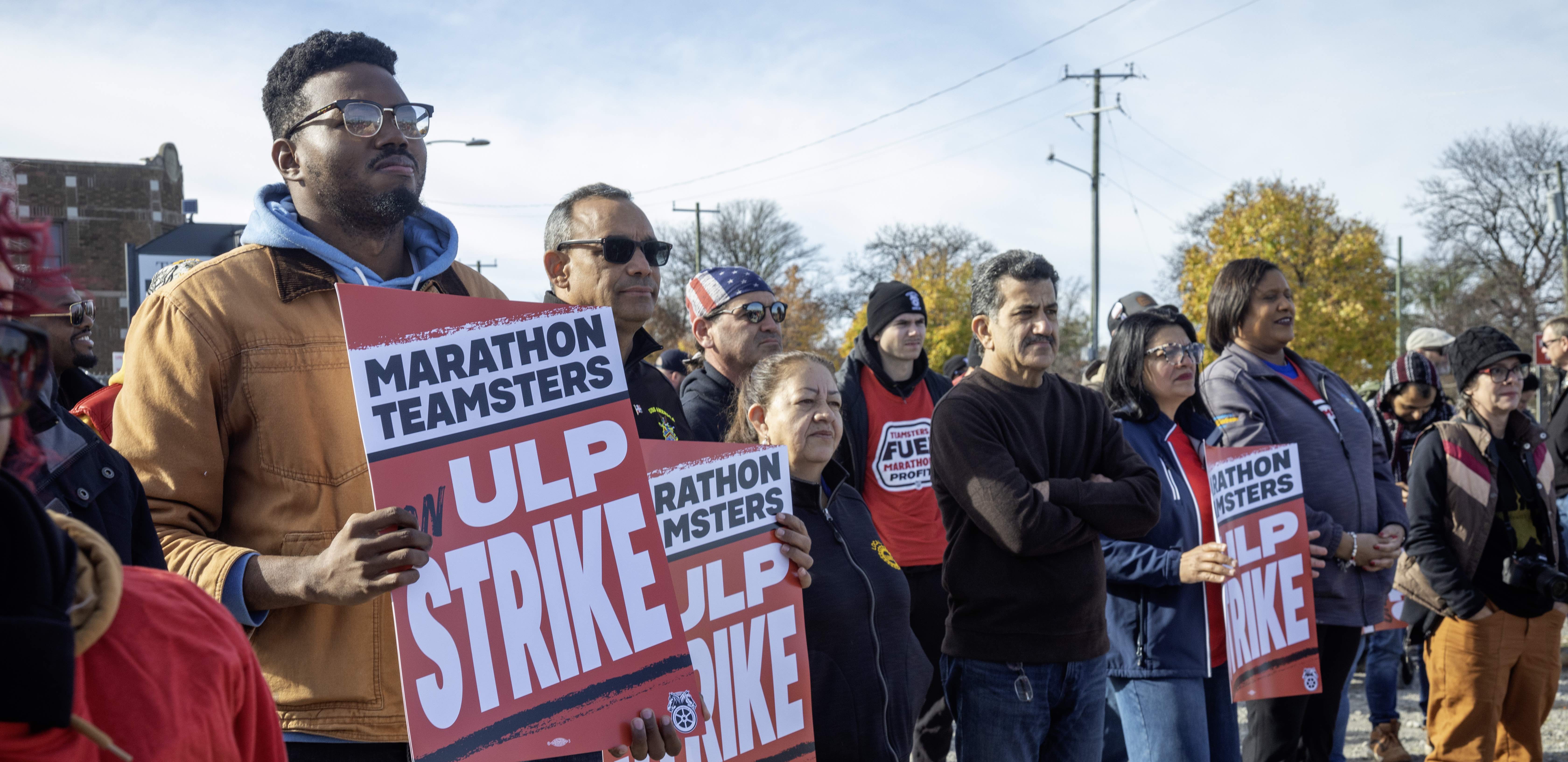
You must log in or register to post a comment.